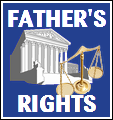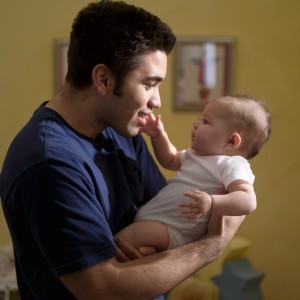 In a recent case before Justice Leonard Steinman sitting in the Supreme Court Divorce Part in Nassau County, a husband had filed a divorce action against his wife. In this proceeding, he sought to incorporate by reference a separation agreement into the judgement of divorce. The wife argued the agreement should not be allowed to be incorporated into the judgement of divorce. She claimed she was induced by fraud into signing the agreement.
In a recent case before Justice Leonard Steinman sitting in the Supreme Court Divorce Part in Nassau County, a husband had filed a divorce action against his wife. In this proceeding, he sought to incorporate by reference a separation agreement into the judgement of divorce. The wife argued the agreement should not be allowed to be incorporated into the judgement of divorce. She claimed she was induced by fraud into signing the agreement.
A motion was made to determine whether the agreement was valid. The Court found the agreement was drafted by the wife. She found the agreement on an internet website. After downloading and printing the agreement she presented it to the husband, he executed it.
The agreement had a waiver of spousal maintenance. It also stated there would be “no demand for child support payments”. The agreement required the parties sell the marital home and equally divide the proceeds. Pursuant to the terms of the agreement, the parties opted out of exchanging financial net worth statements. Neither the husband nor the wife were represented by an attorney during the course of the negotiation and execution of the agreement. However, the parties did properly execute the agreement before a notary public and they filed it with the County Clerk of Nassau County.
The Agreement Terms Were Followed
The Court found that the parties had followed the terms of the agreement after its execution. The Court found the parties had lived separate lives. They did not share a bedroom together. They also filed separate tax returns.
The Court found the separation agreement executed by the wife was not unfair or inequitable. The judge ruled the wife’s claims that the parties did not intend to be bound by the agreement were undercut by “its unambiguous terms.” He made this decision even though the wife waived spousal maintenance in the agreement.
It should be noted, the husband acknowledged that the child support provision does not comply with the Child Support Standards Act. However, he agreed that this could be severed from the agreement and the rest of the agreement could be enforced.
Justice Steinman found the agreement to be valid and incorporated it into the judgement of divorce.
Conclusion
In this case, the wife wanted to have her cake and to eat it too. She drafts an agreement and then decides later on she wants more. Justice Steinman found she was not entitled to a second bite at the apple. This is a case where men’s rights were protected.



 Elliot Schlissel, Esq. is a
Elliot Schlissel, Esq. is a 



 Elliot S. Schlissel, Esq. is a
Elliot S. Schlissel, Esq. is a 










